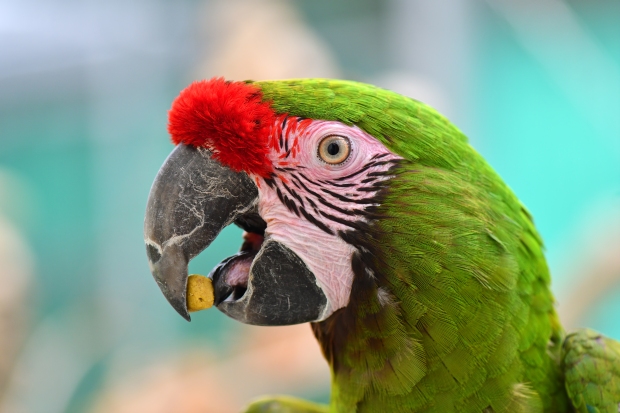Birds are immune to hot peppers on a molecular and evolutionary level. They cannot sense spiciness because their capsaicin receptor (TRPV1) is not sensitive to capsaicin, and birds have evolved without the need for teeth, which mammals use to grind down seeds, releasing their heat.
Peppers are a recommended part of a bird’s diet. This might make you wonder how birds can eat the hottest pepper when it would cause you so much pain. How can the bird not react to the spiciest peppers when you break out in sweat anytime you eat a chili pepper? Read on to find out why birds are immune to the spiciness of peppers and how that is beneficial both to the birds and the peppers they eat.





